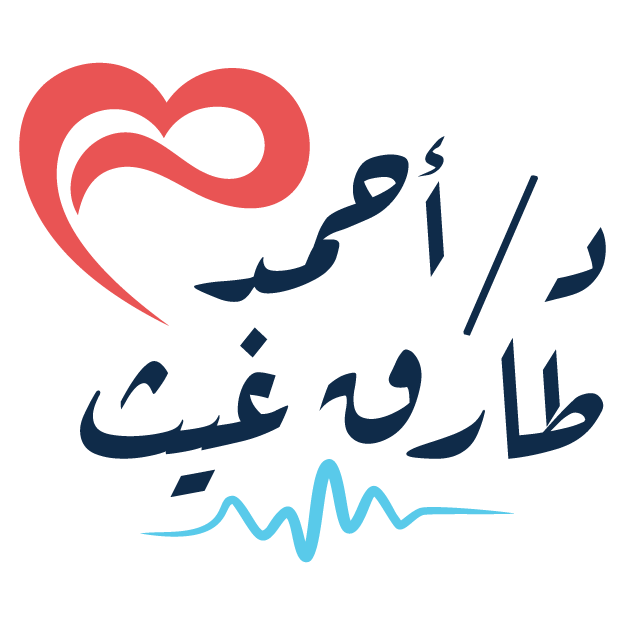Hypertension, commonly referred to as high blood pressure, is often called the “silent killer” because it frequently presents no clear symptoms and may go unnoticed for years until severe health complications arise. In this article, we provide key information about this condition.
What is Hypertension?
Hypertension occurs when the force of blood pushing against the walls of the arteries is consistently higher than normal. This increases the workload on the heart to pump blood throughout the body. Blood pressure is measured in two numbers:
- Systolic pressure (upper number): Indicates the pressure in the arteries when the heart beats.
- Diastolic pressure (lower number): Indicates the pressure in the arteries when the heart rests between beats.
Blood Pressure Categories
The American College of Cardiology (ACC) and the American Heart Association (AHA) classify blood pressure into four general categories:
- Normal blood pressure: Systolic ≤ 120 mm Hg and Diastolic ≤ 80 mm Hg.
- Elevated blood pressure: Systolic 120-129 mm Hg and Diastolic < 80 mm Hg.
- Hypertension Stage 1: Systolic 130-139 mm Hg or Diastolic 80-89 mm Hg.
- Hypertension Stage 2: Systolic ≥ 140 mm Hg or Diastolic ≥ 90 mm Hg.
Causes of Hypertension
There are two main types of hypertension:
- Primary (essential) hypertension: Develops over time due to factors such as age and unhealthy lifestyle habits.
- Secondary hypertension: Caused by an underlying medical condition.
Causes of Primary Hypertension
- Unhealthy diet high in salt and fat.
- Physical inactivity.
- Aging.
Causes of Secondary Hypertension
- Kidney disease.
- Certain medications (e.g., immunosuppressants, NSAIDs, oral contraceptives).
- Sleep apnea.
- Blood flow disorders in kidney arteries (e.g., renal artery stenosis).
- Smoking.
Risk Factors for Hypertension
Several factors increase the risk of developing hypertension:
- Family history of hypertension, diabetes, or cardiovascular disorders.
- Obesity.
- Age over 55.
Hypertension Symptoms
In most cases, hypertension does not present noticeable symptoms, which is why it often goes undetected for years. However, severe hypertension may cause:
- Headaches.
- Shortness of breath.
- Nosebleeds.
- Heart palpitations.
Complications of Hypertension
Uncontrolled hypertension can lead to serious complications, including:
- Coronary artery disease.
- Heart attack.
- Stroke.
- Kidney disease or failure.
- Pregnancy-related complications.
- Eye damage.
- Peripheral artery disease.
- Vascular dementia.
Diagnosing Hypertension
Hypertension diagnosis is based on multiple blood pressure measurements taken over days or weeks. Doctors rarely diagnose hypertension based on a single reading, as factors like stress during a clinic visit (white coat syndrome) and daily fluctuations in blood pressure levels can affect readings.
Additional tests may be performed to confirm the diagnosis, such as:
- Blood tests, including cholesterol levels.
- Ultrasound imaging of the heart and kidneys.
- Electrocardiogram (ECG).
- Home blood pressure monitoring.
Hypertension Treatment
Managing hypertension involves lifestyle modifications and, if necessary, medications.
Lifestyle Changes
- Quit smoking.
- Reduce salt intake and eat a balanced diet.
- Engage in regular physical activity.
Medications
- Diuretics
- Beta-blockers
- Calcium channel blockers
- ACE inhibitors (Angiotensin-converting enzyme inhibitors)
- ARBs (Angiotensin II receptor blockers)
Conclusion
Hypertension is one of the most common health conditions and, because it often lacks symptoms, regular check-ups are essential, especially for those with multiple risk factors. Proactively managing blood pressure can help prevent life-threatening complications.
https://my.clevelandclinic.org/health/diseases/4314-hypertension-high-blood-pressure
https://www.mayoclinic.org/diseases-conditions/high-blood-pressure/symptoms-causes/syc-20373410
https://www.healthline.com/health/high-blood-pressure-hypertension

